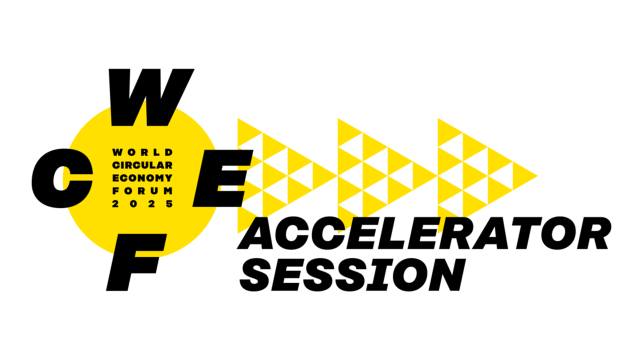Rio+20 verdict? The green economy is growing up

As we come to the final day of three years of preparations and six months of intense intergovernmental negotiations has Rio+20 been a success or a failure?
The Rio+20 outcome document that is now being finalised by Heads of State and ministers has been met with equal levels of enthusiasm and disparagement. While government delegations are calling the text a significant achievement, 1000 NGOs, institutions and individuals have signed a petition calling it “The Future We Don’t Want” – citing failures on removing fossil fuel subsidies, failure to protect oceans and failures to address women’s reproductive health.
The outcome document has many failings. It lacks timeframes, urgency and a clear indication of how the transition will be funded. But, the prospect of green economy has not died. A year ago, governments were suspicious of the concept, now they are exploring green economy as one tool for sustainable development. To quote the Venezuelan delegation during the final text release –“Green economy has changed from something that is being imposed, to something we own.” Rio+20 has helped the concept of a green economy take its first tentative steps into the world.
The sustainable development community now has a mandate, albeit weak, for many of the things we wanted. We have a commitment to the Sustainable Development Goals, to strengthening UNEP, to embolden corporate sustainability reporting, to developing beyond GDP metrics, to adopting the 10 year programme on sustainable consumption and production. We also have some encouraging signals on energy and the bolstering of science in policy making. At first reading The Future We Want is probably graded a C- but it is definitely not an F.
Above all Rio+20 has proved two things. First, sustainable development and greener economies will not evolve without the support of a strong multilateral system. The role of the UN has never been so important and we need events that world leaders feel compelled to attend. Always seeing the glass half empty (or completely empty) does damage to future chances of success. Second, Rio+20 has witnessed a geopolitical shift, not in economic power, but in leadership. The stars of the show have been Brazil and Colombia. Brazil took up the reins of the negotiations and put an end to the intergovernmental squabbling, while Colombia drove through the Sustainable Development Goals. The axis of leadership has shifted.
So Rio + 20 has been a stepping stone, not a turning point. We are closer to coherence but the bigger battles lie ahead. The vision of a new economy has been born. Its toddler years and adolescence are still to come. Here at the Green Economy Coalition we will be working hard to ensure that it grows up fast. We invite you to be part of the transition.
Oliver Greenfield


